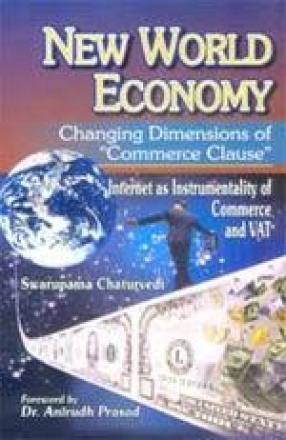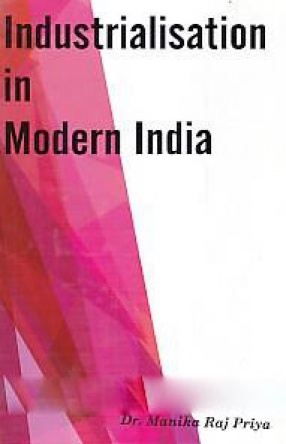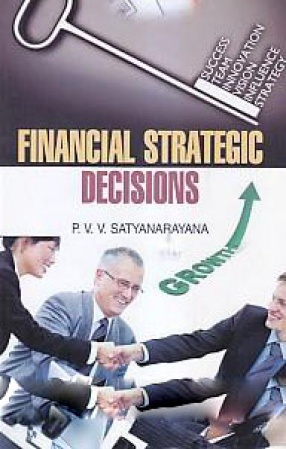This is a commercial age and the concept of commerce has undergone a radical change almost in every part of the world. Business through internet (E-commerce) is now an accepted mode of commerce. With the passage of time there has been a change in instrumentalities of commerce. There has been a change in the standard of morals and therefore there has been a shift in the doctrine of res extra commercium also. While discussing the allocation of powers in relation to trade and commerce it has been tried to ascertain as to where the E-commerce would lie. When constitutions of either of the countries under examination (U.S.A., Canada, Australlia and India) were being drafted, the constitution-makers could not have visualised this type of instrumentality of commerce. The discussion of internet and its resultant E-commerce and VAT are of special interest for both federal state scholars and economists. The book is thought provoking and full of sparks as it touches many issues which are emerging and are controversial but are becoming most pressing in view of new emerging trends due to globalization. Emerging and imperative issue discussed in the book is VAT (Value Added Tax). It is successfully working in some federations as well as in European countries. In India, states are apprehensive of the erosion of their fiscal autonomy and therefore, they are resisting its implementation. However, in view of emerging internet culture the need of VAT will be more welcome. Keeping in view the crumbling barriers of geographical boundaries in the age of globalization and the need of the federating units not to depart from regulatory measures on trade and commerce, the book is the need of hour for lawyers, economists, professionals and policy-makers.
Industrialisation in Modern India
$60.30
$67.00





There are no reviews yet.